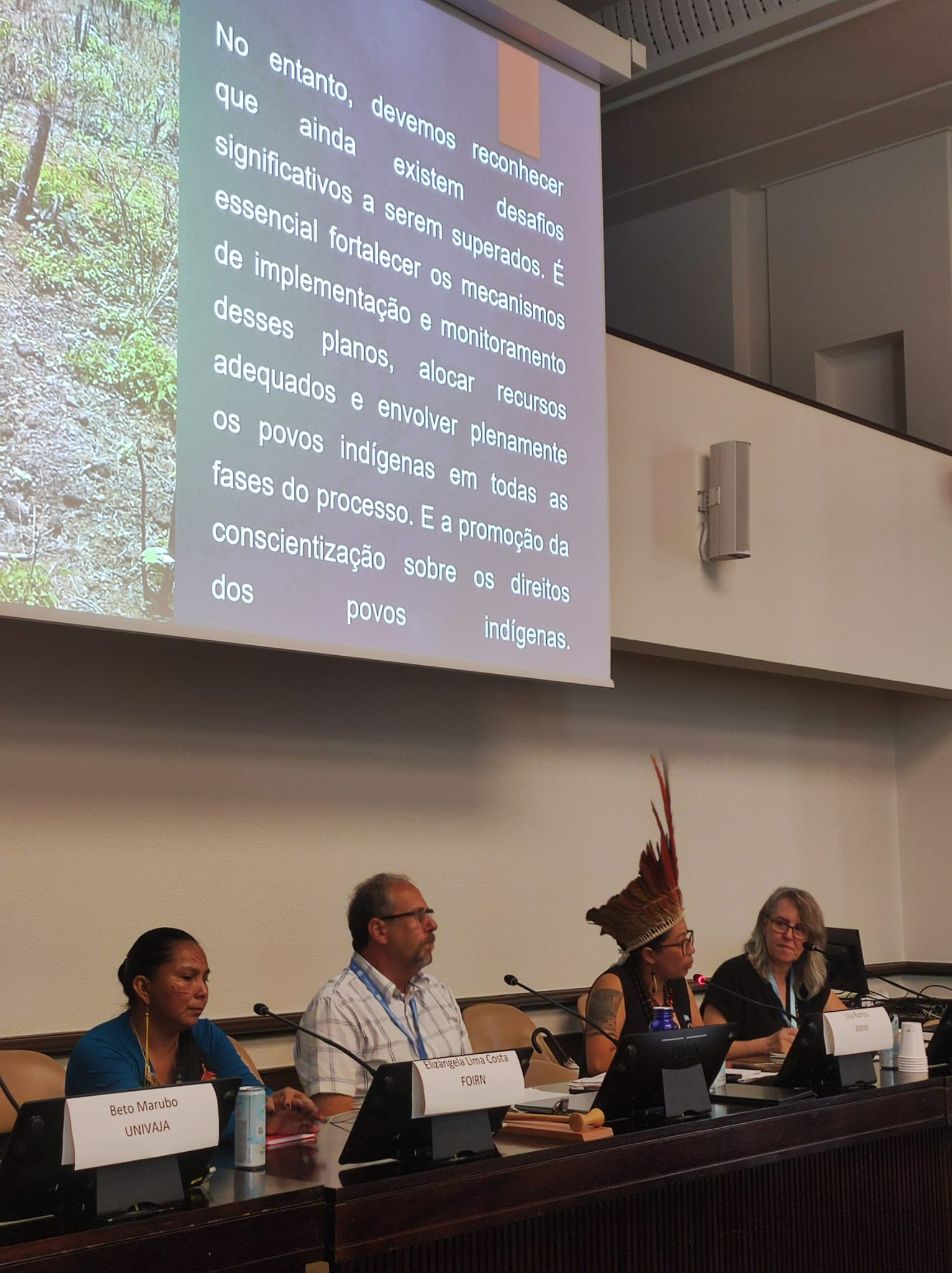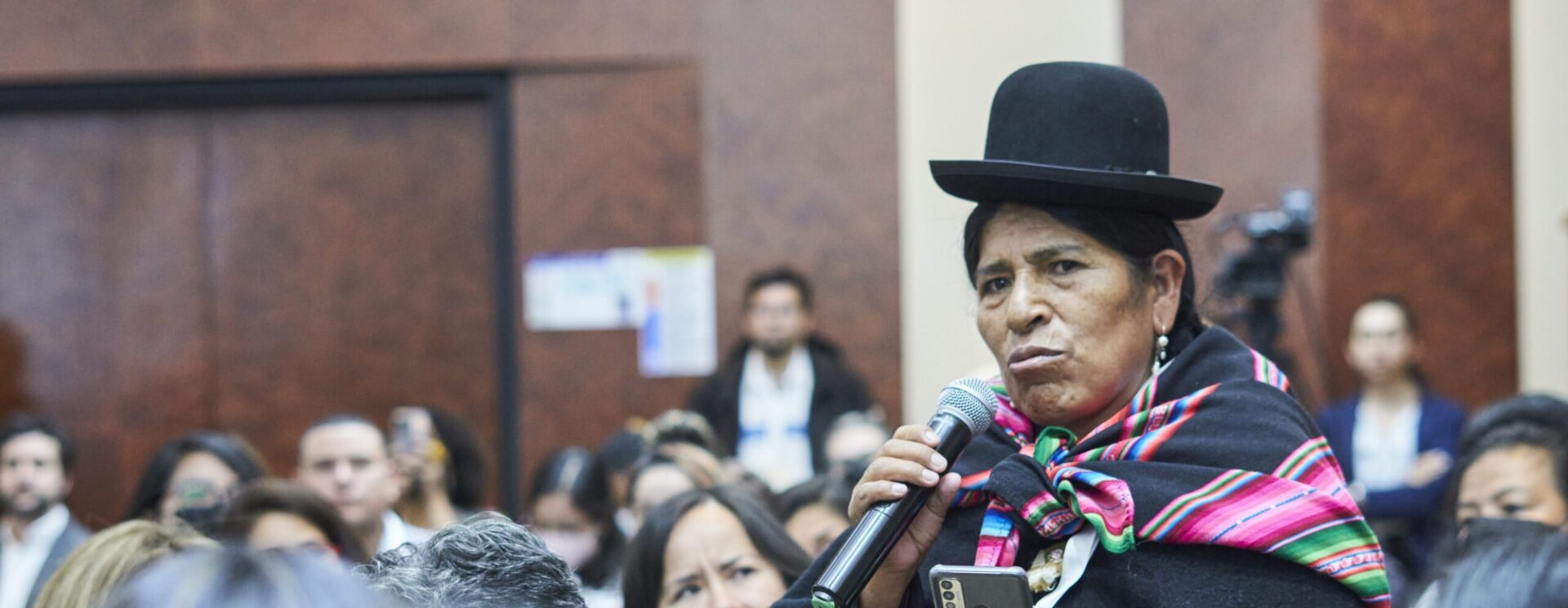According to data from the International Labor Organization (ILO), in Latin America there are about 55 million indigenous people, equivalent to 8.5 percent of the population at the regional level; being Mexico, Guatemala, Peru and Bolivia the countries where 80 percent of this population is found.
Indigenous people have historically been marginalized and discriminated against in the region, which has led to a serious violation of their human rights. The structural discrimination faced by the indigenous population is manifested in high levels of poverty and poor access to basic services, including education, water and housing, which adds to the disrespect and invasion of their territories in conditions of extreme violence and, in many cases, in impunity.
Our work with indigenous peoples
Race and Equality focuses its work on:
- Promote the incorporation of the ethnic/racial variable in national population censuses in Latin American countries. This represents an essential element to know the quality of life of indigenous peoples.
- Promote the effective participation of indigenous peoples in the activities of the Organization of American States (OAS) and its various organs, including the OAS General Assembly, the Summit of the Americas, and the Inter-American Commission on Human Rights, especially the Office of the Rapporteur on the Rights of Indigenous Peoples.
- Seek the effective ratification and implementation of the Inter-American Convention against Racism, Racial Discrimination and Related Forms of Intolerance (CIRDI)
- At the United Nations, we seek to influence the Special Procedures, including the United Nations Permanent Forum on Indigenous Issues and the Expert Mechanism on the Rights of Indigenous Peoples, as well as Treaty bodies such as the Committee against Racial Discrimination (CERD).



